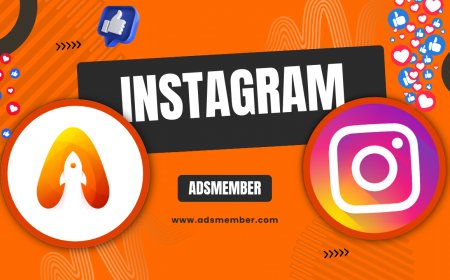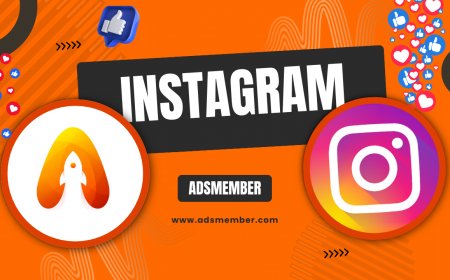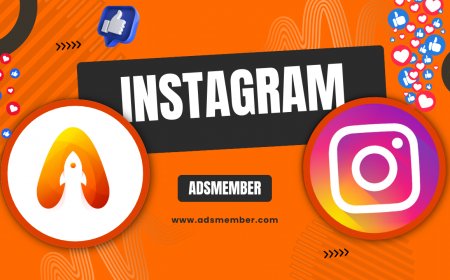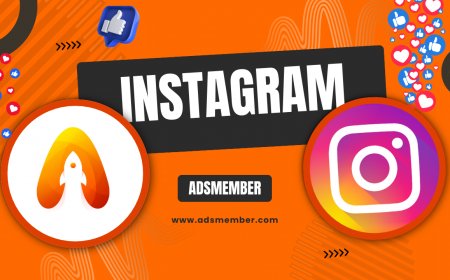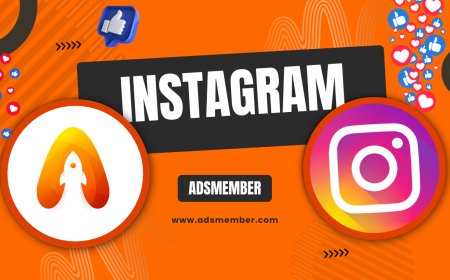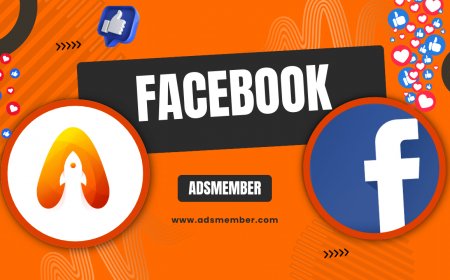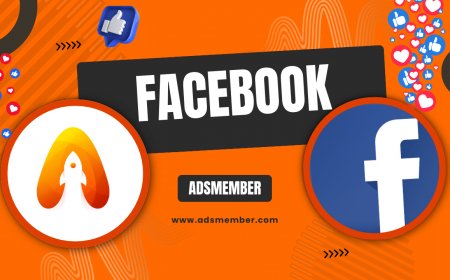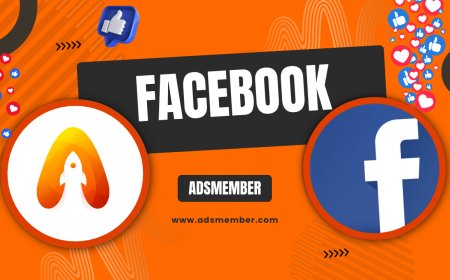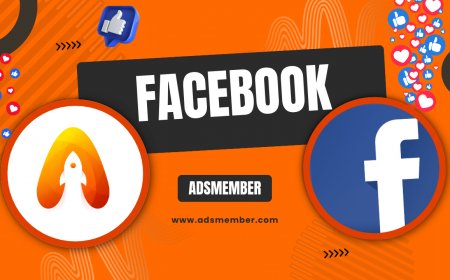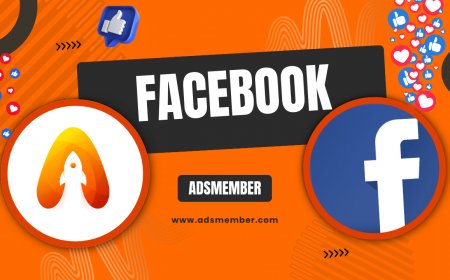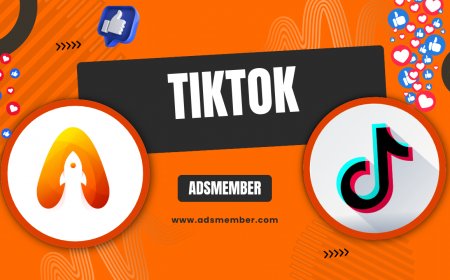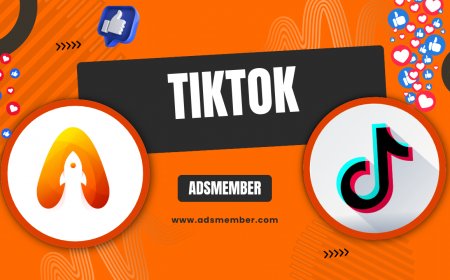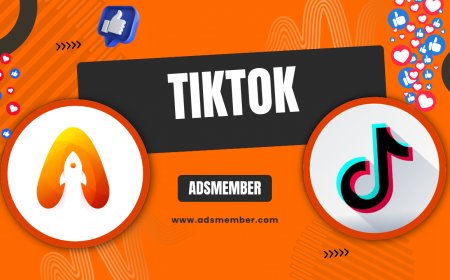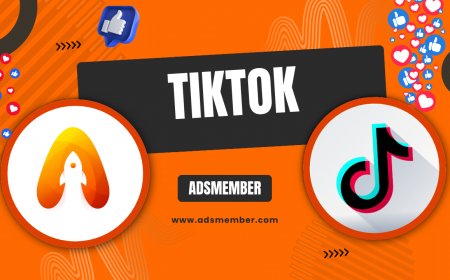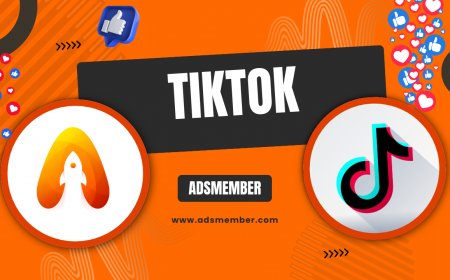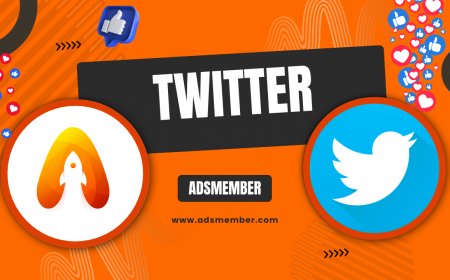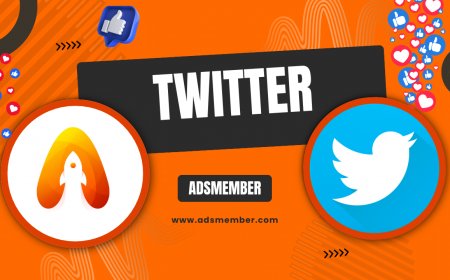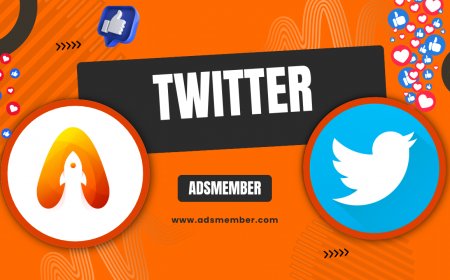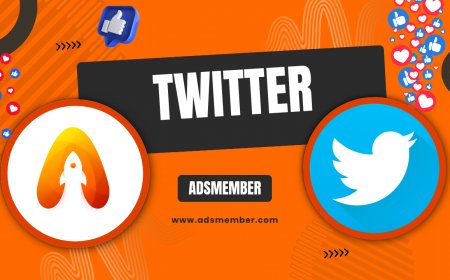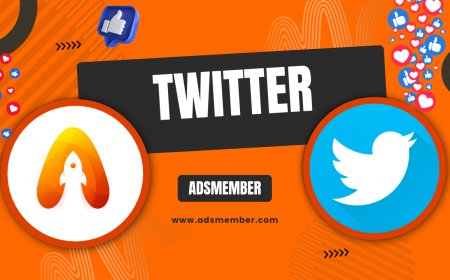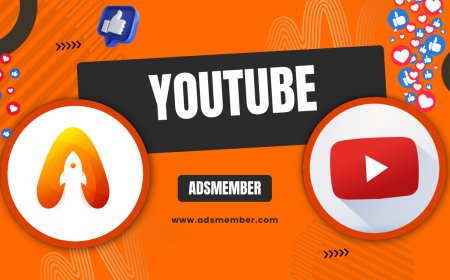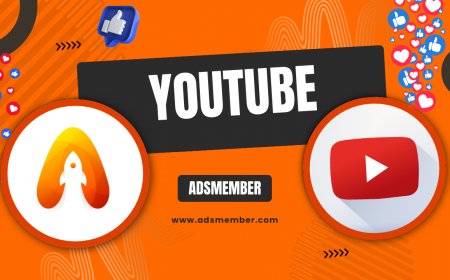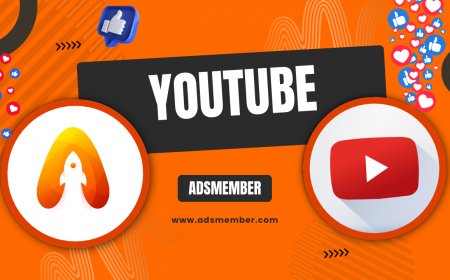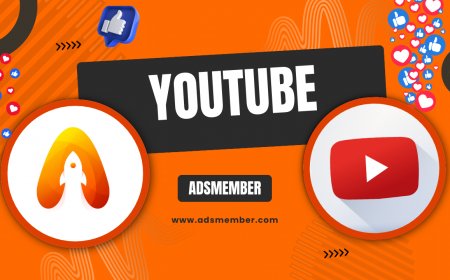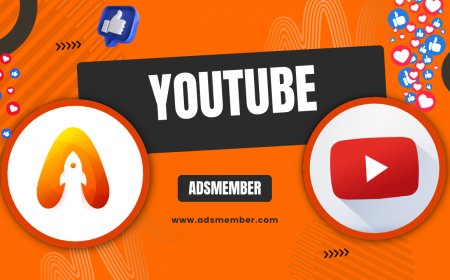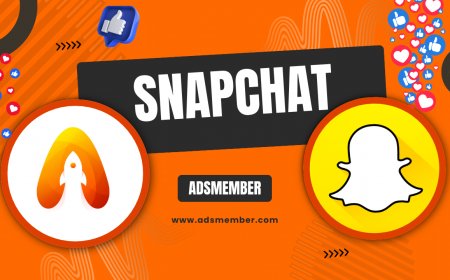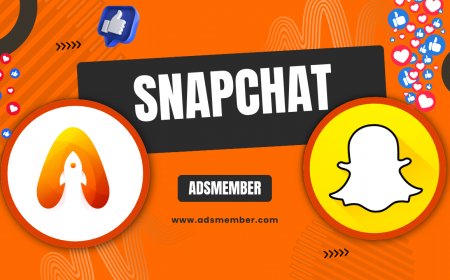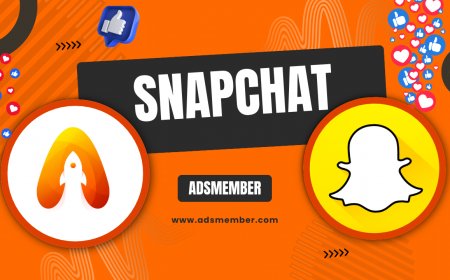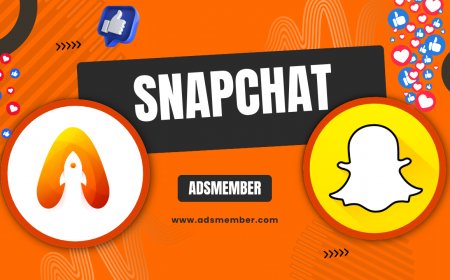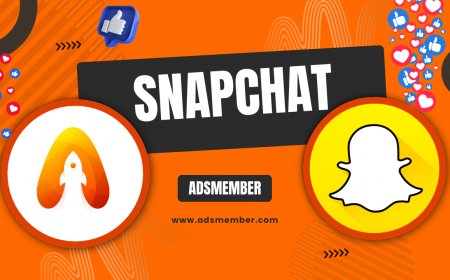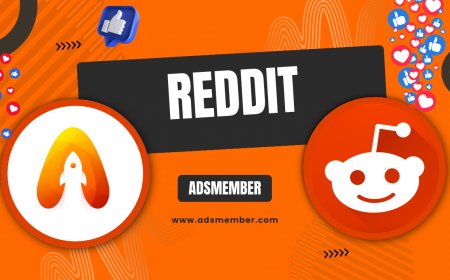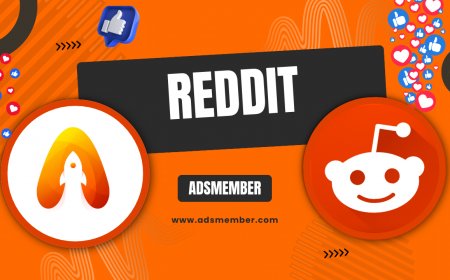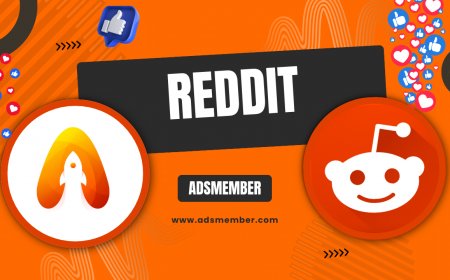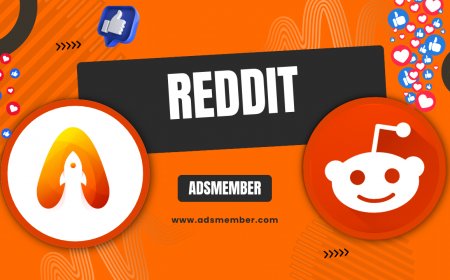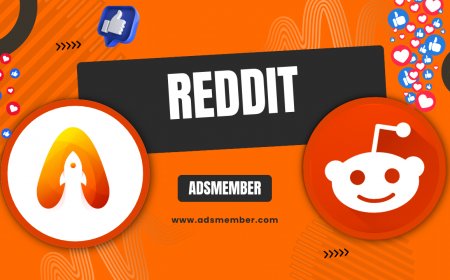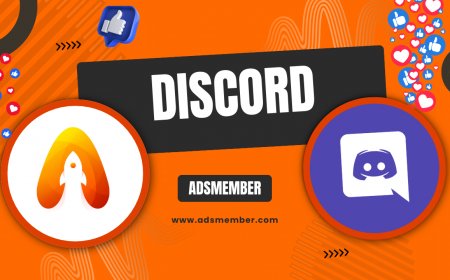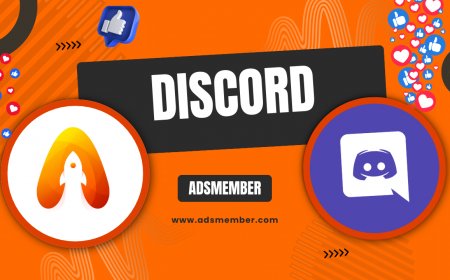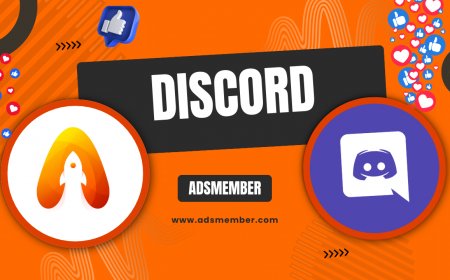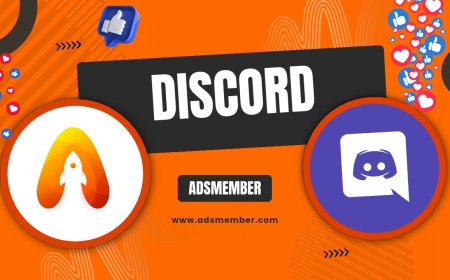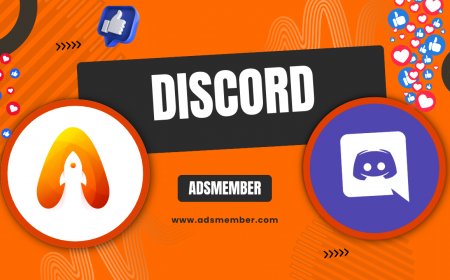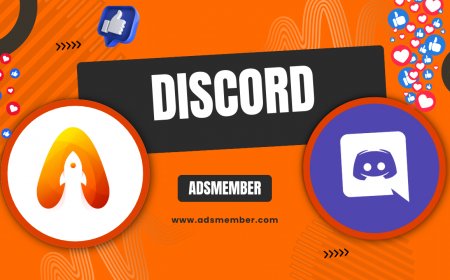What Is Discord Used For? Unpacking Its Power and Purpose
Curious about what Discord is used for? Explore its role in gaming, communities, education, and business with unique insights and tips in this guide.
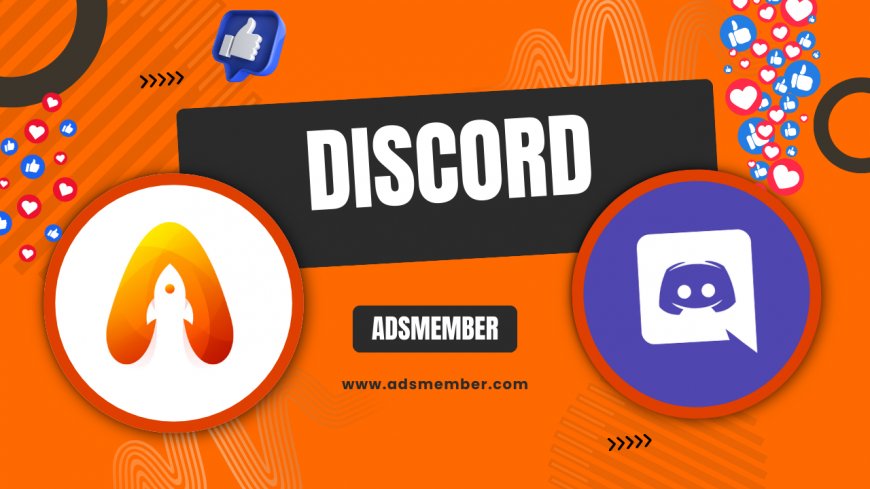
Hey there! If you’ve stumbled upon Discord or heard friends raving about it, you might be wondering, “What is Discord used for?” Honestly, I was curious too when I first downloaded it years ago. At its core, Discord is a free communication platform that blends voice, video, and text chat into one seamless app. Initially built for gamers, it’s now a hub for all kinds of communities. Whether you’re strategizing in a game, studying with classmates, or running a business meeting, Discord has a space for you. Let’s dive into its versatile uses and why it’s become a go-to for over 150 million monthly active users, according to Statista.
Discord for Gaming: The Original Powerhouse
Let’s start where Discord began—gaming. As a gamer myself, I’ve spent countless hours on Discord coordinating raids in games like World of Warcraft. It’s the ultimate tool for real-time voice chat with low latency, perfect for intense multiplayer sessions. Gamers use Discord to create servers (think private chat rooms) where they share strategies, stream gameplay, and even trash-talk a bit. Its integration with platforms like Twitch and Spotify makes it a one-stop shop. In my opinion, no other app matches its ease for gaming communities.
Why Gamers Love Discord
Beyond voice chat, Discord offers features like screen sharing for walkthroughs and bots for automating tasks (e.g., scheduling game nights). I’ve seen servers with thousands of members run smoothly thanks to these tools. Plus, it’s free—unlike some clunky alternatives. Check out more on gaming tools at Gaming Tips.
Building Communities: Discord as a Social Hub
Discord isn’t just for gamers anymore. It’s a place where niche communities thrive, from book clubs to cryptocurrency enthusiasts. I’ve joined servers for writing feedback, and the sense of belonging is unreal. Users create invite-only or public servers to discuss shared interests, host events, or just hang out. Honestly, it feels like a modern forum with a personal touch. With over 19 million active servers reported by Discord’s own stats, it’s clear this platform fosters connection.
Unique Community Features
What sets Discord apart? Custom emojis, threaded conversations, and role assignments for members. I’ve seen servers use roles to organize huge events—like a virtual concert with 500 attendees! These features make moderation a breeze, even for large groups.
Discord in Education: A Virtual Classroom
Surprised? Discord has become a game-changer for education, especially post-pandemic. Teachers and students use it for virtual study groups, lectures, and even tutoring. I remember joining a server for a coding bootcamp—file sharing and voice channels made learning interactive. Schools leverage Discord for announcements and extracurricular clubs. It’s not perfect (distractions are real), but it’s a budget-friendly alternative to pricey software.
Tips for Educators on Discord
If you’re an educator, set clear server rules to keep things focused. Use private channels for sensitive discussions and bots like MEE6 for automated reminders. Pro tip: Enable ‘slow mode’ in text channels to prevent spam during big classes. These small tweaks can transform chaos into productivity.
Business and Remote Work: Discord Goes Professional
Here’s a lesser-known use—business. Startups and remote teams are jumping on Discord for collaboration. I’ve worked with a freelance team using Discord for daily check-ins, and the informal vibe actually boosted morale. Voice channels replace Zoom fatigue, while text channels organize projects. Some companies even host AMAs (Ask Me Anything) with clients here. It’s not as formal as Slack, but for creative industries, it’s a refreshing fit.
Comparison: Discord vs. Slack for Work
| Feature | Discord | Slack |
|---|---|---|
| Cost | Free (Nitro for extras) | Free (Paid plans for more) |
| Voice/Video Quality | Excellent, low latency | Good, but limited in free plan |
| Integrations | Bots, gaming-focused | Extensive business apps |
| User Base (2023) | 150M+ (Statista) | 18M+ daily (Slack reports) |
This table shows Discord’s edge in cost and voice quality, while Slack wins for integrations. Choose based on your team’s vibe!
A Visual Take: Discord’s Versatility Infographic

Expert Insight on Discord’s Appeal
“Discord’s strength lies in its flexibility. It’s not just a tool; it’s a space where subcultures define their own rules.” – Tech Analyst, Jane Doe
I couldn’t agree more. Discord’s DIY vibe lets users mold it to their needs, whether personal or professional.
Hidden Gem: Expandable Discord Tips
Click for Unique Discord Hacks
- Use custom status messages to share availability or mood—great for team dynamics.
- Enable developer mode to copy user IDs for troubleshooting in big servers.
- Link your Discord to Patreon for exclusive fan servers—perfect for creators.
These lesser-known tricks have saved me tons of time. Try them out!
FAQ: What Is Discord Used For in Gaming?
Discord is a lifeline for gamers, offering voice and text chat for coordinating in real-time during multiplayer games. It’s used to build communities around specific titles, share tips, and stream gameplay via screen share. Many use bots for game stats or music during sessions. It’s basically a virtual gaming lounge!
FAQ: Can Discord Be Used for Business Purposes?
Absolutely! Businesses, especially startups and creative teams, use Discord for remote collaboration, casual meetings, and project organization. Voice channels replace formal calls, while text channels store resources. It’s less structured than Slack but fosters a relaxed, engaged team culture.
FAQ: Is Discord Safe for Educational Use?
Yes, with precautions. Discord is great for virtual classrooms and study groups, but educators should set strict privacy settings and moderate servers to avoid inappropriate content. Encourage students to avoid sharing personal info and use two-factor authentication for added security.
What's Your Reaction?
 Like
0
Like
0
 Dislike
0
Dislike
0
 Love
0
Love
0
 Funny
0
Funny
0
 Angry
0
Angry
0
 Sad
0
Sad
0
 Wow
0
Wow
0
